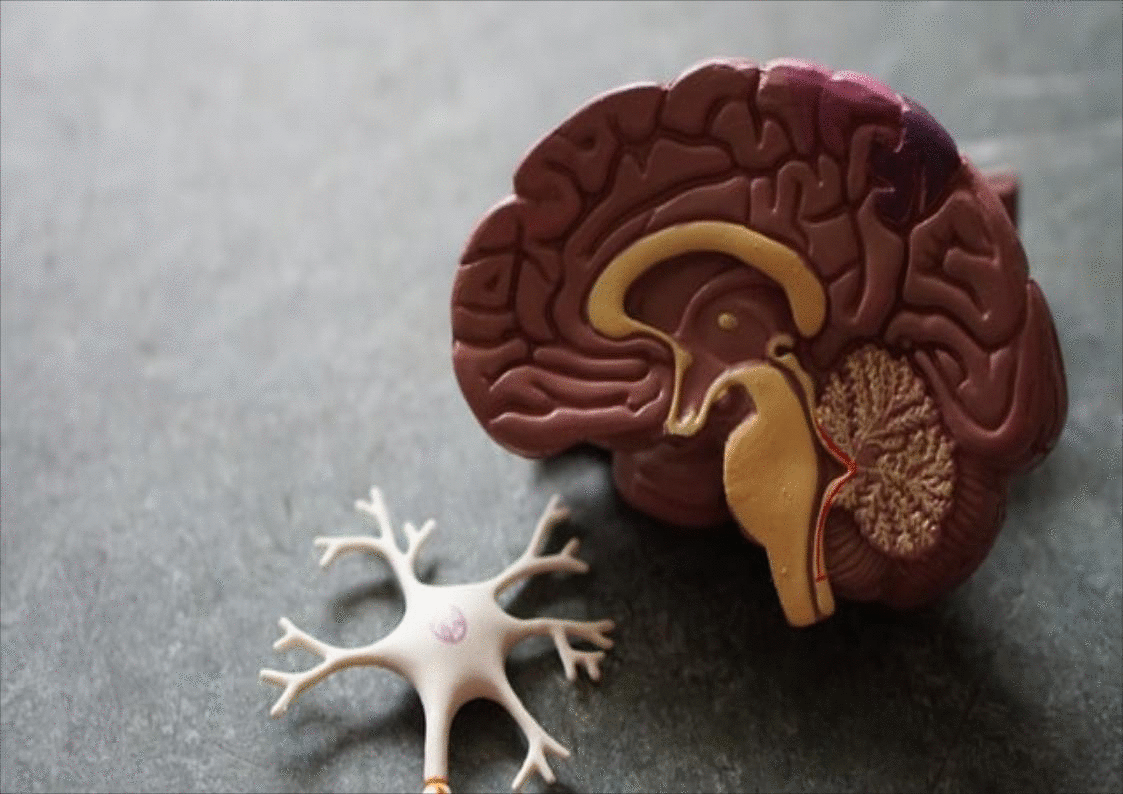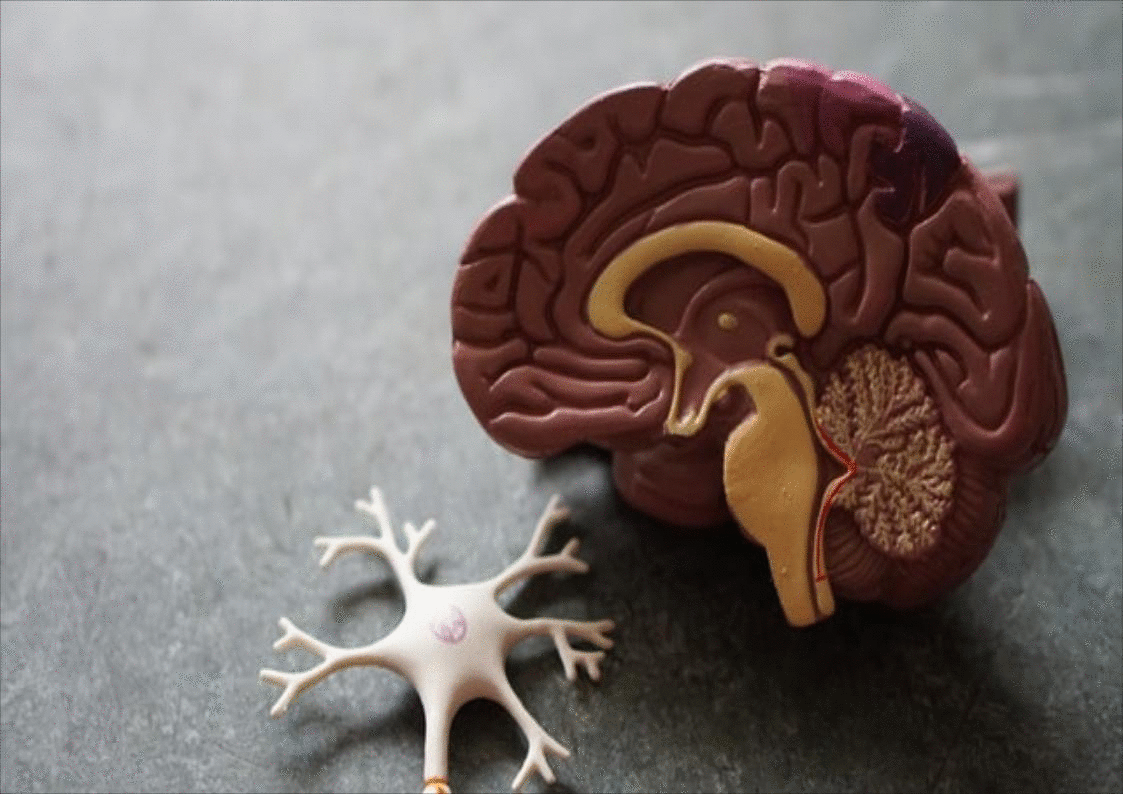Brain Memory Wallet
I seldom used any money purse or wallet.
People like to keep currency notes and coins in beautiful leather purses or wallets. You will find leather or synthetic wallets in the market. Those can be of different sizes and colors.
Keeping money and coins in a wallet or purse is a common practice among the people.
When I was in the second year of my college, my money purse was stolen while traveling on public transport one day. Pickpockets were common in crowded public transport systems, such as buses and trains.
From that very day, I stopped using any money purse. Instead, I carry currency notes in the inside pocket of my shirt and coins in my pant pockets. I found it safer than keeping money/coins in a purse.
Cryptocurrencies require algorithmic wallets
We require algorithmic wallets to store cryptocurrencies because cryptocurrencies are not physical currency notes. Cryptocurrencies are electronic data assets mined in a network of cryptographic computational infrastructure.
One requires algorithmic wallets to store and access cryptocurrency data assets over a similar network of cryptographic computational infrastructure.
Like all other computational data assets, cryptocurrencies are also prone to be stolen by expert hackers. For safety and security, cryptocurrencies may also be stored in hardware wallets.
Cryptocurrencies can also be stored in hardware wallets
Hardware wallets are electronic devices, such as USB memory sticks, that can store users' private keys.
Since the private keys are the critical pieces of information without which no outgoing cryptocurrency transaction takes place, the hardware wallets are considered more secure than keeping the data assets on cryptocurrency exchanges.
The main principle behind hardware wallets is to provide full isolation between the private keys and users' easy-to-hack computers or smartphones.
But what would happen if the hardware wallets, i.e., the hardware devices storing the private keys were stolen?
One day, one may store cryptocurrencies in brain memory wallets
Since private keys are very long and complex pieces of text streams, memorizing private keys by any human is impossible.
Brain wave sensing gives a chance to think about an almost impossible way of storing the private keys inside brain memory. One day, it might be possible that humans would control their brain waves to send particular streams of private keys to a sensor connected to the Internet and carry out cryptocurrency transactions!
Today, it might seem not possible. But, when brain wave sensing and signal processing make sufficient progress, it might be possible to store crypto data assets and carry out cryptocurrency transactions using human brain memory.

Image: GIF created using title text and a Photo by Robina Weermeijer on Unsplash.
Postscript
Brain wave sensing and processing using sensors around the head has been progressing. There are patents to activate an electronic switch by brain waves. The days are not far when cryptocurrencies will be transacted and controlled by brain waves.

Cheers!
Unity (Debesh Choudhury)
Text Copyright © 2022 Debesh Choudhury — All Rights Reserved
Join me at
Odysee, LinkedIn, Twitter, noise.cash, read.cash, publish0x, and Facebook
Lead Image: I have created a GIF image using title text and a Photo by Robina Weermeijer on Unsplash.
All other images are either drawn/created by myself or credited to respective artists.
Disclaimer: All texts are mine and original. Any similarity and resemblance to any other content are purely accidental. The article is not advice for life, career, business, or investment. Do your research before adopting any options.
Unite and Empower Humanity.
June 07, 2022


I like the idea of your wallet being your brain, it's a good way to keep from stealing